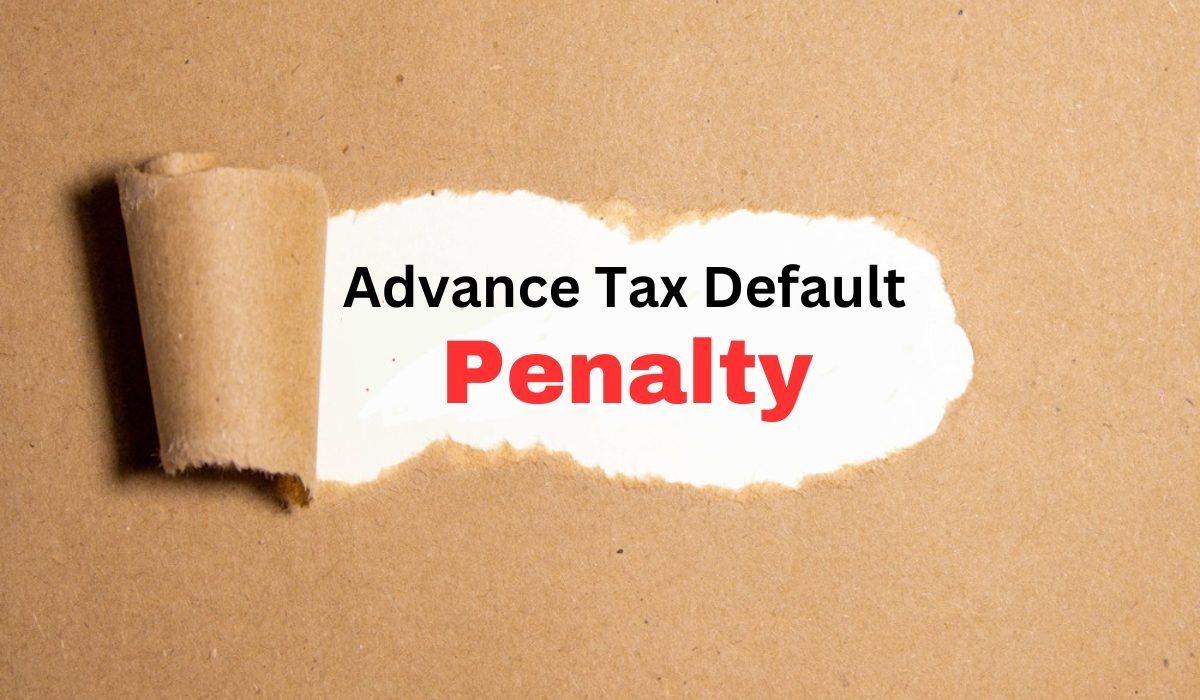March 15, 2023 is the last day to pay the final instalment of your advance tax. failure to do so will invite penalties under various sections of the income tax department, including Section 234C.
Advance tax payment due dates
Under the existing laws in India, businesses are required to pay advance tax four times in a financial year. Failure to stick with the date on advance tax payment results in penalty as specified under Section 234C of the I-T Act.
- 15%: Before June 15 of the financial year
- 45%: On or before September 15
- 75%: On or before December 15
- 100%: On or before March 15
If the taxpayer has opted for presumptive income under Section 44AD
- NIL: Before June 15 of the financial year
- NIL: On or before September 15
- NIL: On or before December 15
- 100%: On or before March 15
Interest payable under Section 234C
One per cent of the total outstanding due on advance tax payable is payment as penalty under this section. This amount is calculated from the individual cut off dates separately till the date on which the tax is paid.
| Payment default | Interest | Period of interest | Percentage |
| Advance tax paid on or before June 15 is less than 15% of the amount | 1% monthly interest | 3 months | 15% of the amount minus tax already deposited |
| Advance tax paid on or before September 15 is less than 45% of the amount | 1% monthly interest | 3 months | 45% of the amount minus tax already deposited |
| Advance tax paid on or before December 15 is less than 75% of the amount | 1% monthly interest | 3 months | 75% of the amount minus tax already deposited |
| Advance tax paid on or before March 15 is less than 100% of the amount | 1% monthly interest | 100% of the amount minus tax already deposited |
See also: Section 234B of Income Tax Act: Penalty on advance tax payment failure
FAQs
What is advance tax?
Advance tax is the amount an individual can pay to the government, estimating his annual income for the full financial year.
Who should pay the advance tax?
Under Section 208 of the Income Tax (I-T) Act, 1961, a person whose estimated tax liability for the year is more than or equal to Rs 10,000 is liable to pay advance tax. However, senior citizens are not liable to pay advance tax if they don't have any income from business, or profession. NRIs earning an income in India can also pay advance tax.
What happens if you fail to make the payment on specific dates?
Interest under Section 234B and 234C of the I-T Act will be levied over failure to pay advance tax on time.

An alumna of the Indian Institute of Mass Communication, Dhenkanal, Sunita Mishra brings over 16 years of expertise to the fields of legal matters, financial insights, and property market trends. Recognised for her ability to elucidate complex topics, her articles serve as a go-to resource for home buyers navigating intricate subjects. Through her extensive career, she has been associated with esteemed organisations like the Financial Express, Hindustan Times, Network18, All India Radio, and Business Standard.
In addition to her professional accomplishments, Sunita holds an MA degree in Sanskrit, with a specialisation in Indian Philosophy, from Delhi University. Outside of her work schedule, she likes to unwind by practising Yoga, and pursues her passion for travel.
[email protected]











